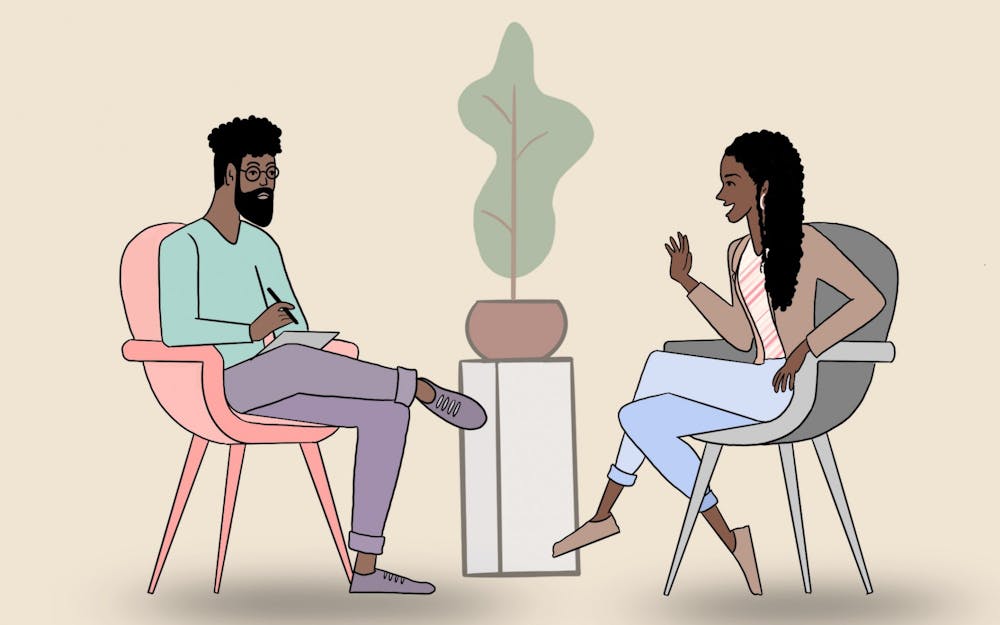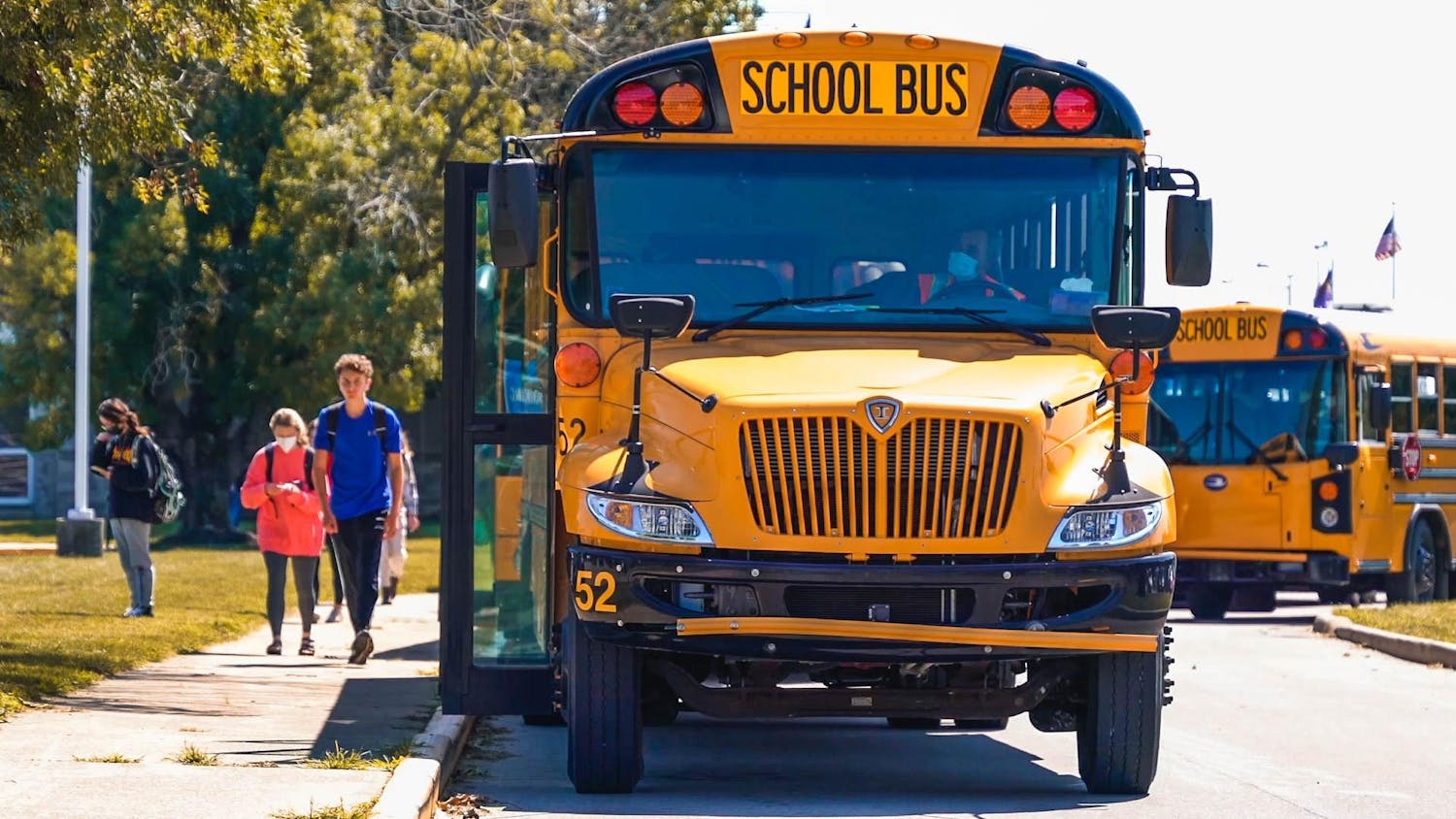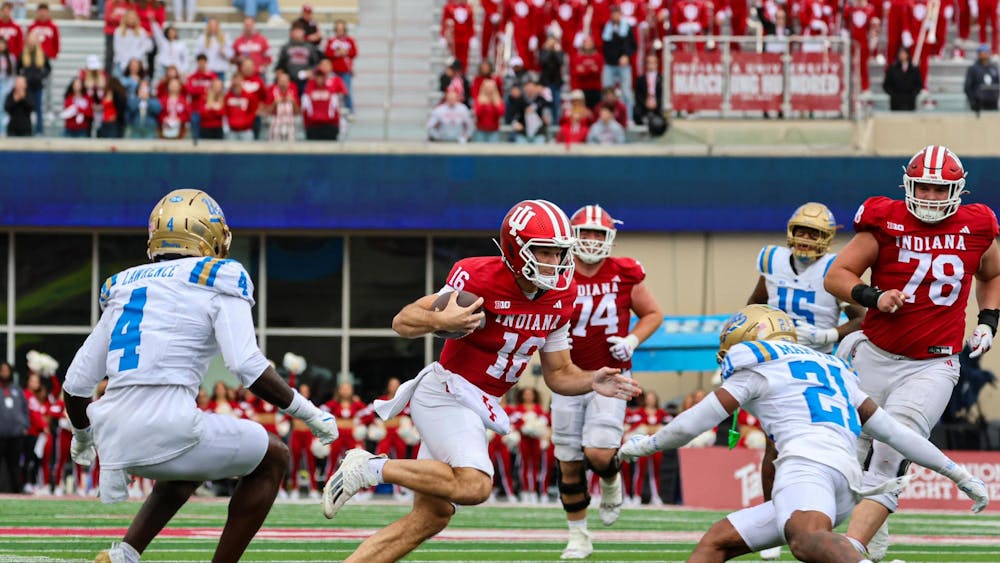COVID-19 continues to wreak havoc on the physical and mental health of people all over the world. The mental strain caused by this pandemic was the nudge Americans of all races needed to prioritize their mental health, especially African Americans.
A recent study by the Centers for Disease Control and Prevention showed symptoms of anxiety and depression in the U.S. increased among adults in 2020.
In 2019, 19.2% of adults said they received treatment for their mental health in the past 12 months. In 2020, the number rose to 20.3% of adults.
In the past three years, the number of African Americans in the U.S. who are in therapy has increased, according to the CDC study. Non-Hispanic white adults (24.4%) were more likely than non-Hispanic Black (15.3%), Hispanic (12.6%), and non-Hispanic Asian (7.7%) adults to have received any mental health treatment.
Since 2020, African Americans are more likely than any other minority group to seek therapy services. However, mental health is still a challenging topic to address in our community.
A 2013 study done by Mental Health America showed that Black and African Americans have adopted a stigma towards seeking help for mental health issues and even admitting that they suffer from them. This attitude of shame toward suffering, in turn, affects their coping behaviors.
In the African American community, it was once considered weak to admit to dealing with mental health issues such as anxiety, depression or PTSD. African Americans were forced to be strong since we were brought to this country, so questioning their strength is like questioning their identity.
The same study by Mental Health America also revealed misdiagnosis is common in mental health amongst African Americans. Mental health disparities, as well as systemic racism, have caused African Americans to be more often diagnosed with schizophrenia and less often diagnosed with mood disorders compared to white people who displayed the same symptoms.
There is also a mistrust between African Americans and their mental health professionals. The mistrust continues to give therapy a bad reputation in the African American community.
A recent 2019 study done by the University of Southern California highlights how this stigma in the African American community caused individual African Americans’ mental health issues to go untreated.
“Just one in three African Americans who struggled with mental health issues would ever receive appropriate treatment,” the research stated.
In addition to being misdiagnosed, the CDC study stated African Americans endure more psychosocial stress, that they have inadequate access to mental health treatment and that they experience medical malpractice.
These racial disparities in mental health amongst African Americans are the reason why there was once a negative stigma associated with therapy in our community.
Under the drastic circumstances of 2020, African Americans sought out help from professionals to tend to their mental health. The narrative in the African American community about therapy and mental health has begun to shift and therapy is becoming normalized among African Americans.
Although the COVID-19 pandemic has made social distancing the norm, it’s brought a sense of unity amongst African Americans. We are now on board more than ever to eliminate the stigma about therapy and prioritize our mental health.






